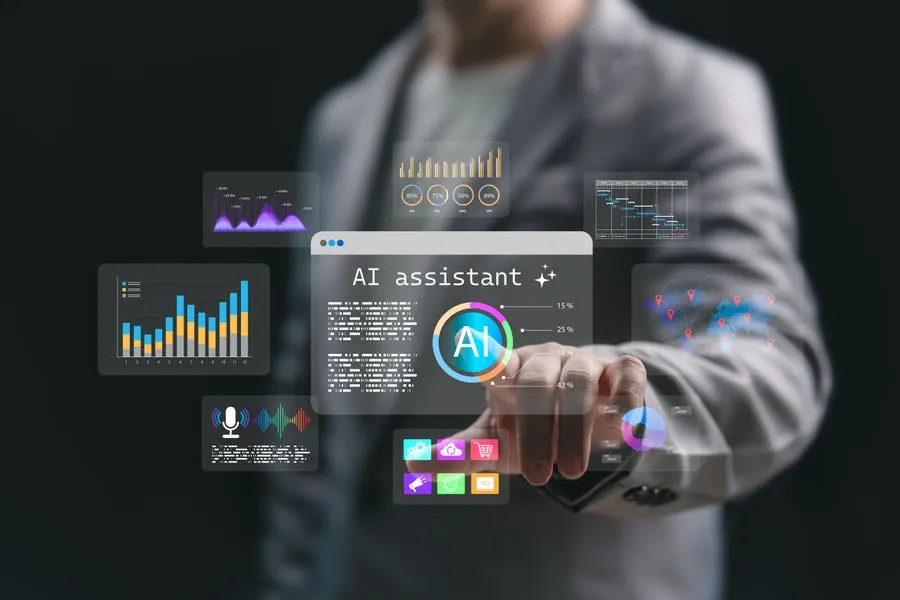Forbes contributors publish independent expert analyses and insights.
Advancements in artificial intelligence are being deployed and invested in at a rapid pace.
Just last week, U.S. President Donald Trump, and the U.K Prime Minister Keir Starmer agreed on a deal which would see big tech companies like Microsoft, Nvidia, and Google invest up to $250 billion in the U.K. tech economy and infrastructure, including a portion earmarked for AI development.
Governments around the world are anxiously working to invest significant funds in this AI arms race. Employers are scrambling for ways to adopt AI across their organizations. And yet, while the speed of investment and integration looks promising, the actual implementation still has a long way to go.
Agentic AI has become the hot topic of 2025, for example. Yet, even though a large percentage of employees use AI agents, there appear to be a few significant hiccups, according to project management platform Asana:
First, delegation is accelerating. "Workers already hand 27% of their workload to agents, rising to 34% in a year and 43% within three years, signaling the biggest shift in how work gets done since the arrival of the PC."
However, "nearly two-thirds (62%) of workers say agents are unreliable; 59% report they confidently share wrong information, and 57% say they ignore feedback. Instead of reducing work, many agents are creating more rework for 58% of employees," Asana comments.
To make things even worse, when agents make mistakes, "a third of workers (33%) say no one is responsible; while others scatter blame between IT, end users, or the agent's creator. With no clear ownership, companies risk accumulating massive 'AI debt' and eroding trust."
Finally, approximately 82% of employees agree that "proper training is essential to use agents effectively; yet fewer than four in 10 companies provide it, leaving workers eager but unprepared to delegate beyond basic admin tasks."
(From Asana's Work Innovation Lab study of more than 2,000 professionals across the U.S. and U.K.)
So, what's next for AI agents and overall AI implementation in the workforce?
Here's what needs to happen:
- Funding for AI implementation and innovation should include a significant portion earmarked for AI upskilling training nationwide, for people of working age (both employed and unemployed) at all levels.
- Programs like this should be implemented via partnerships with key educational institutions (like universities and colleges), industry and sector leaders (like Big Tech and FAANG companies and other Fortune 500 giants), and online learning providers.
- Policymakers should also consider establishing industry benchmarks to act as AI regulators (work on this has already begun, but we still have quite a way to go), and to establish best practices and standards that hold the developers of AI agents responsible and ensure feedback loops for transparency.
So are AI agents really useful?
If we look at the way they're currently being implemented across workplaces, the short answer is no.
But if we apply a digital transformation strategy and change management (which includes training), that's when we will see the real ROI of agentic AI.
